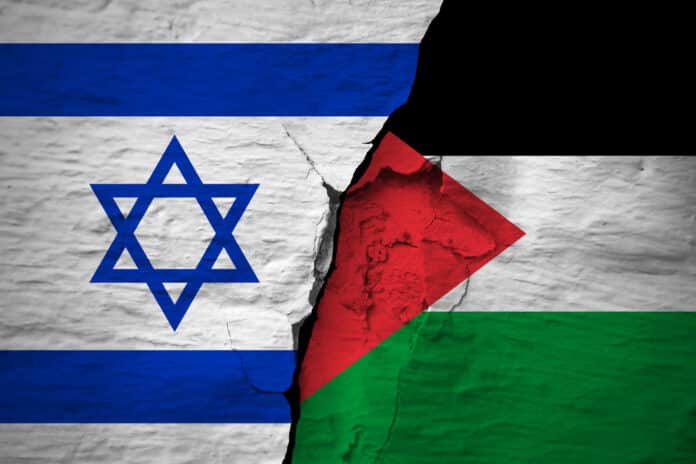
Toward the end of the book, another decree—issued in the Persian king’s name at Queen Esther’s behest—authorized Jews to assemble and fight back against their foes. On the day initially designated for their destruction, they killed more than 75,000 of their would-be murderers, including the 10 sons of the courtier Haman, who had incited the king against the Jews. They celebrated afterward, we are told, with “feasting and merrymaking.”
The decree permitted the Jews to kill not only their attackers, but also their women and children and to seize their possessions. The biblical text, however, reports that the Jews chose to leave their foes’ property untouched. With the exception of Haman’s sons, the text also records only examples of Jews killing their attackers, not the attackers’ families. This apparent self-restraint might seem to put a seal of moral approval on their subsequent celebration.
But did it? In another episode of mortal danger for the Jewish people, the Book of Exodus records God’s splitting the Red Sea, allowing the Jews to cross safely, and then closing it, drowning an entire army of Egyptian pursuers. Moses and then his sister, Miriam, lead songs celebrating God’s destruction of their enemies, after which the Jewish people walk into the desert.
The biblical text doesn’t express, or even intimate, criticism of the leaders or the people for their songs. But some rabbis of the Talmudic era do. As the sea closes over the Egyptians, a Talmudic story depicts the angels assembling before God to chant a song of praise. God rebukes them: “My handiwork are drowning in the sea, and you are reciting a song before Me?” The story suggests that humans are made in God’s image, and that we shouldn’t celebrate death, even when self-defense may justify killing.
Gratitude for salvation is one thing, rejoicing over the destruction of one’s adversaries quite another. Not even the urgency of Jewish survival and liberation in Exodus can negate the binding universality of creation in Genesis. While all people are capable of wrongdoing, and some of great evil, we should never treat anyone as less than human.
In times of armed conflict, soldiers should exert maximum effort to distinguish between civilians—especially children—and armed combatants, as it appears the Jews of Persia did. They had a significant advantage over contemporary Israeli soldiers, however: Their enemies didn’t hide behind women and children. Hamas uses noncombatants as human shields—a violation of international humanitarian law under the Geneva Conventions. The terror group even prevents Gaza’s civilians from taking shelter in its tunnel systems.






